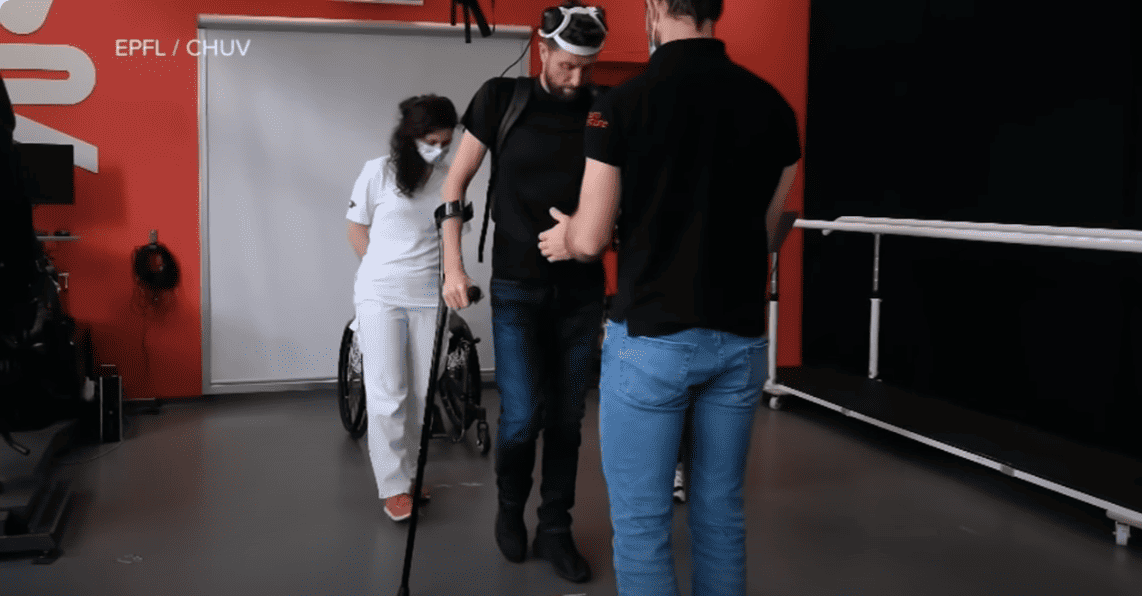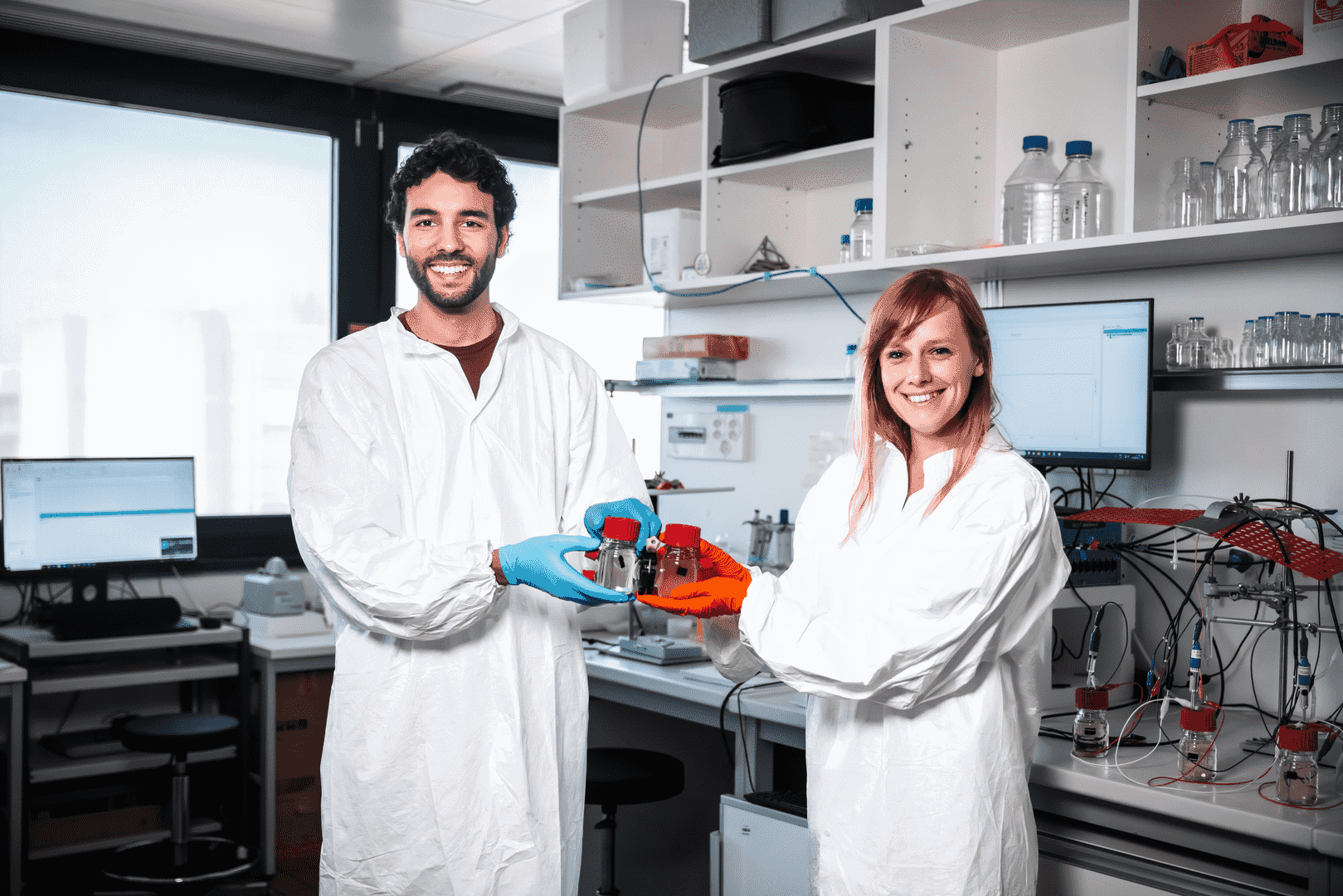
Researchers at the University of Basel and the University Hospital Basel have tested the possibility of artificially maturing (or more precisely, differentiating) breast cancer cells as an approach to turn them into a more normal type of cell, writes the university in a press release.
Differentiation is a therapeutic strategy that has been successfully implemented in treating blood-borne cancers but not yet in solid tumors. In the journal Oncogene, a research group led by Professor Mohamed Bentires-Alj now reports promising new results. The researchers were able to use differentiation to treat an especially aggressive type of carcinoma called triple-negative breast cancer.
“We show here that we can convert breast cancer cells to less harmful cells that stop growing,” says Bentires-Alj who is a group leader at the Department of Biomedicine.
The dual activity of the estrogen receptor
The hormone estrogen acts as a signaling molecule in cells by binding to its cognate receptor, the estrogen receptor, thereby inducing a range of biological effects. In the normal breast, cells that express the estrogen receptor are mature specialized breast cells and do not proliferate.
In contrast, in a fraction of breast cancers cells that express the estrogen receptor proliferate significantly. These breast cancers are called estrogen receptor-positive breast cancers and comprise about 75 percent of all breast cancer cases. Because they are susceptible to estrogen, they can be treated with anti-estrogenic therapies, which are highly effective in patients.
The triple-negative breast cancer subtype however, is not susceptible to estrogens or anti-estrogens. This type of carcinoma occurs mainly in pre-menopausal women and often lacks effective treatment options. “Our initial idea was to induce estrogen receptor expression in order to convert triple-negative breast cancer into estrogen-receptor positive breast cancer because of more effective treatment options available for this subtype,” says the study’s lead author Dr. Milica Vulin.

Implications for treatment
“Understanding the cellular and molecular mechanisms that define cancer and how these mechanisms differ from normal cells is crucial for developing new innovative therapies,” says Bentires-Alj. The results open a new avenue for treating triple-negative breast cancer. “The compounds used in this study are already in clinical trials to treat other cancer types, including blood-borne, lung, and pancreatic cancer,” the researcher continues. This underlines the possibility of testing these compounds in clinics and in treating breast cancer.
Especially in the era of immunotherapies, it has been suggested that “normal-like” cells can be cleared by the immune system while “cancerous” cells evade killing by immune cells. In the future, it remains to be determined if differentiation therapy can be combined with immunotherapies. “We are pursuing such strategies, and only time and resources are in our way to make further progress,” the researchers conclude.
Selected for you!
Innovation Origins is the European platform for innovation news. In addition to the many reports from our own editors in 15 European countries, we select the most important press releases from reliable sources. This way you can stay up to date on what is happening in the world of innovation. Are you or do you know an organization that should not be missing from our list of selected sources? Then report to our editorial team.






